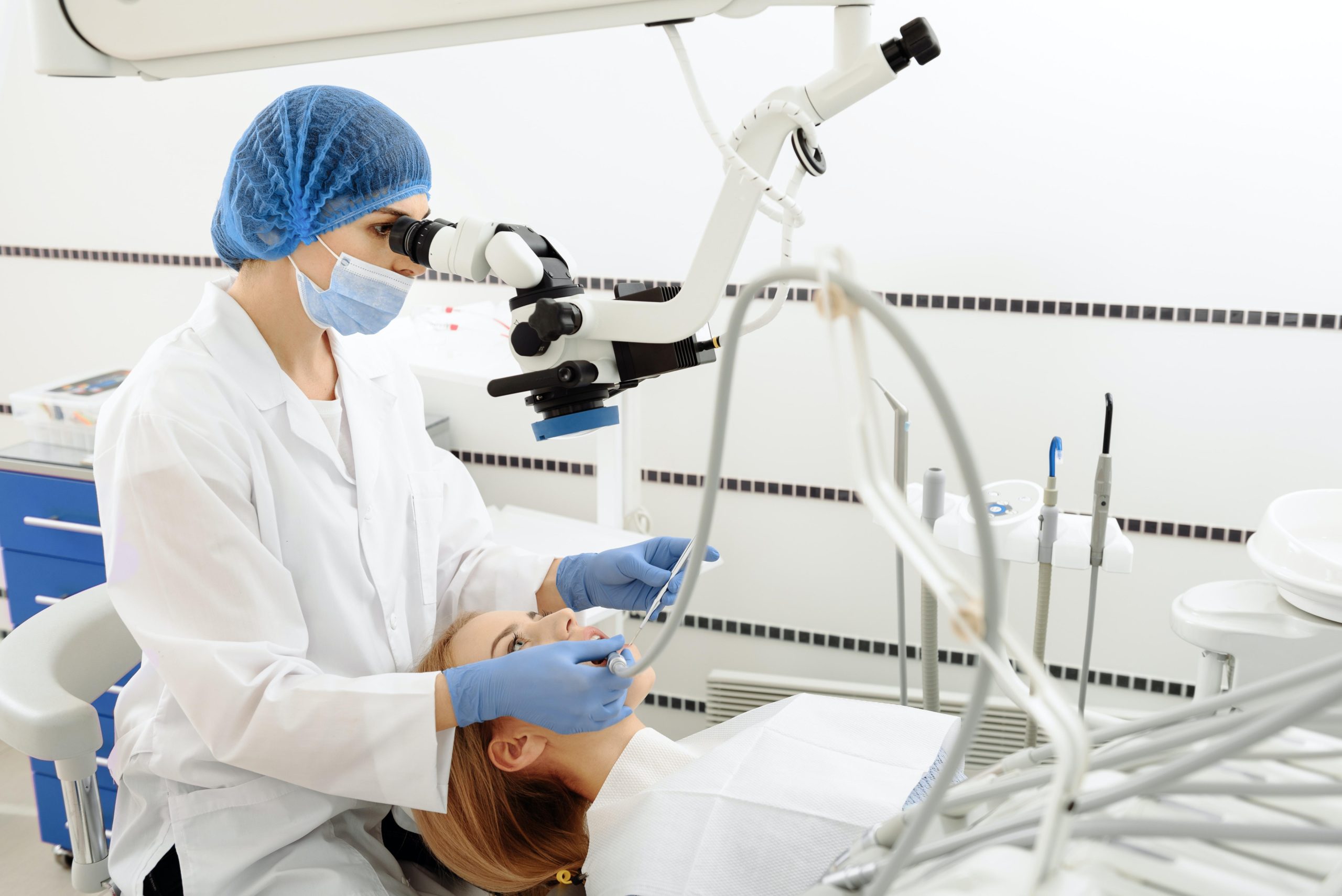Dental occlusion isn’t something that everyone is necessarily familiar with or aware of, but it is an important component of dentistry that must be considered when treating patients.
Here we explain everything you need to know about occlusion issues and the negative impact they can have on your oral health.
What Is Occlusion?
Occlusion refers to the alignment of the teeth and the way the upper and lower jaw come together which is extremely important.
In a normal occlusion, the top and bottom jaw connect, and the teeth meet and fit together comfortably without any issues. If the teeth do not align as they should then this is known as malocclusion or occlusal disease and can be caused by missing or crooked teeth, jaw misalignment, overcrowding or bad habits in childhood such as thumb sucking.
Malocclusion can take many different forms and are categorised into classes – 1,2 and 3 based on severity and different types such as – underbite, overbite, crossbite and open bite.
How Can Poor Occlusion Effect Oral Health?
The impact of malocclusion will depend on the individual patient and the type and severity of their occlusal issues. Here are some of the ways in which untreated malocclusion can have a negative impact on your oral health.
Tooth Decay And Gum Disease
This is an already common dental issue, even in patients that have perfectly aligned teeth. However, people with malocclusion are more at risk for decay and gum disease, especially those with problems such as misalignment, overcrowding or overlapping teeth. This is because, even with the best effort, cleaning such hard to reach areas can be near impossible and they tend to accumulate plaque and tartar which can then lead to tooth decay and gum disease.
Jaw Problems
Occlusal issues can impact the way your jaw functions and cause side effects such as – neck pain, earaches and persistent headaches. Because malocclusion prevents the teeth from coming together properly to chew effectively, the muscles in the jaw must work much harder than they should which means, the jaw can become stiff and strained, leading to long term pain and discomfort.
Worn Enamel
Enamel is the thin, hard, outer layer of the teeth that helps to protect them from daily use, damage and decay. If teeth are not aligned correctly then over time, they can rub together, causing enamel to wear down. If this happens then it can lead to a dulling of the tooths appearance, increased sensitivity and make them more prone to becoming chipped, cracked, damaged or decayed.
Difficulty Eating
When the teeth are not aligned properly, actions that require them to function together such as biting and chewing can be extremely difficult. When this occurs, it can lead to problems chewing and swallowing food, discomfort, headaches and pain in the jaw muscles.
How Is Malocclusion Treated?
Not all types of occlusal issues will require treatment, but for those who do there is a number of different options such as a nightguard, tooth adjustments, equilibration, occlusal splints or prosthetics and restorations. One or a combination of these can be used to correct alignment issues and create a functional, healthier and happier smile.




